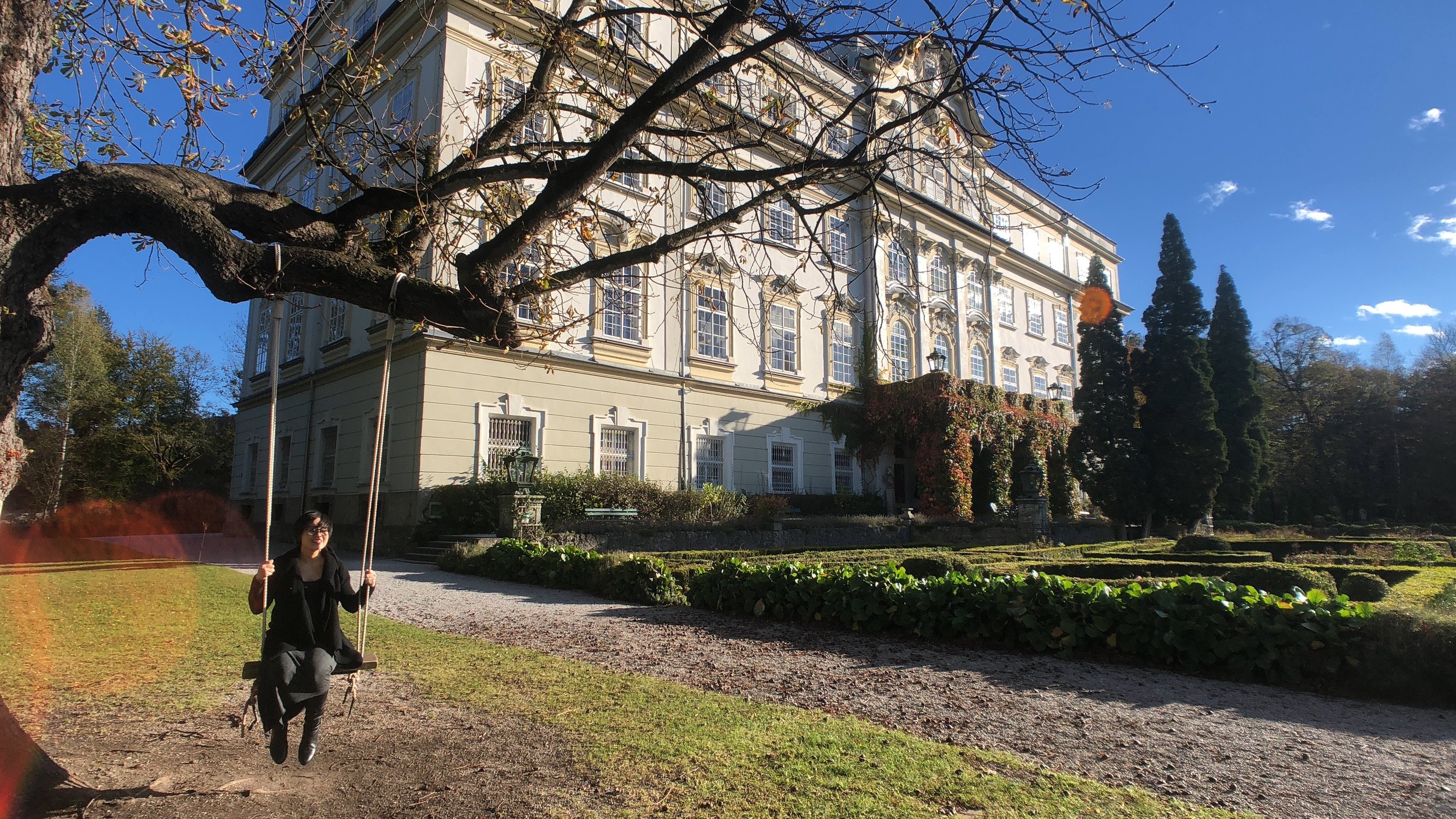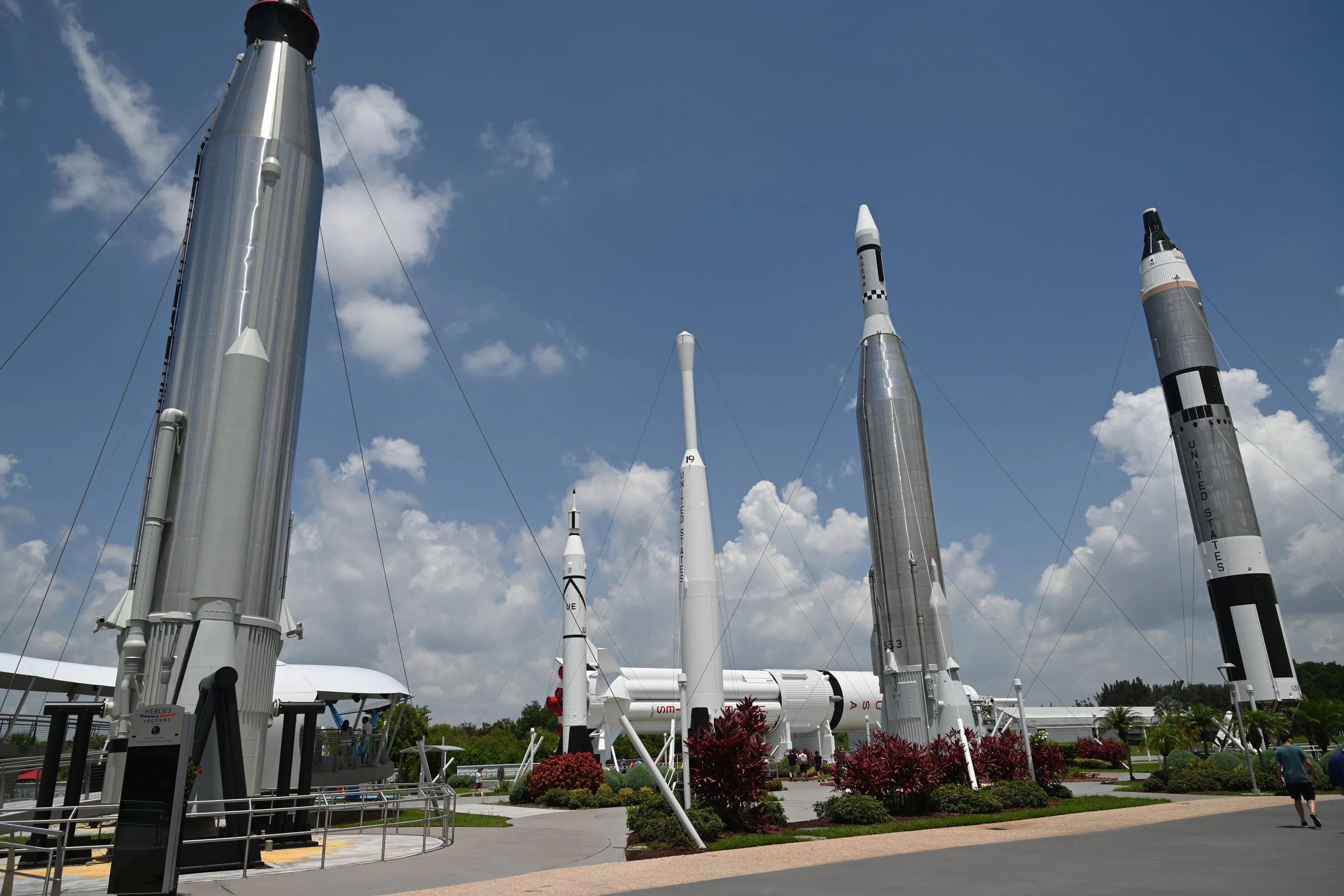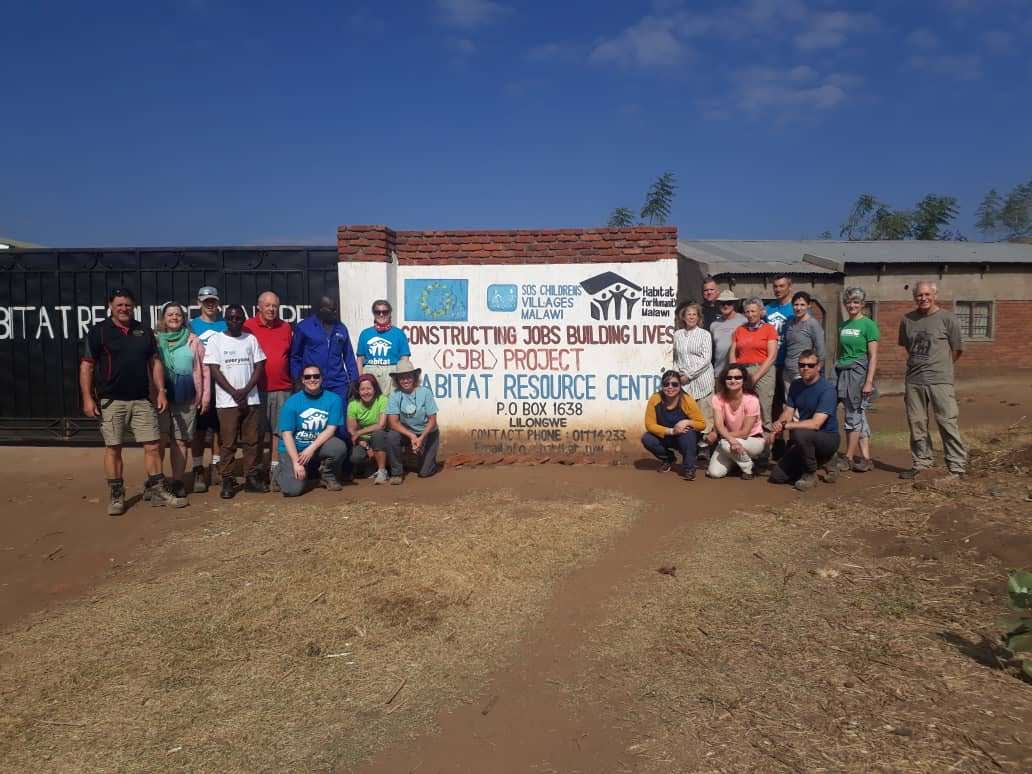The Observatory

So the last time I saw the Milky Way was when I was twelve. I was on an overnight school field trip that even today still blows my mind. Lead by our teacher, my classmates and I silently walked from our cabins to the parade grounds. The only sound was the snow crunching beneath our feet. We scrunched up our eyes and counted to thirty. When I opened my eyes…
The Milky Way shone brightly. It was the most glorious thing that a 12-year-old could witness in the night sky.
Today, it is impossible to see the Milky Way. The city lights shine so brightly that it is hard to make out anything but the brightest stars. So when my buddy Daniel Mendoza offered to take me to University at the University of Utah, how could I say no?
FYI, there are a few high resolution photos in the post taken by Paul Rickets, the observatory manager. The photos are well worth the wait.
The University of Utah has several observatories. The one on campus is atop the Physics building. There, Anil Scott and Paul Ricketts gave me a tour of the observatory and the telescope we would be using. The guys couldn’t tell in the darkness but I was psyched to be there. Perhaps you, the viewers at home, can tell because you can see the video shake. Thank goodness my camera has in-body stabilization smoothed most of it out!
My heart skipped a beat when I saw Jupiter and its moons. Saturn was just as amazing. By the way, if you haven’t heard, twenty new moons are orbiting Saturn (Saturn has a total of 82.) Take that Jupiter! If you want to help name these new moons here, click the link here to jump to Carnegie Science. We jumped to Andromeda and Altair while checking out specialized eyepieces that can be used to tell the spectra of the star we were seeing. The spectra can tell us about the temperature, atmosphere, and even the magnetic field of the star.
During the evening, the guys explained to me that no one needs a seven thousand dollar telescope to see the stars. All I needed was a cheap 4-inch telescope and a dark sky location.
Dark skies are fewer and farther in between now. Light pollution is serious problem. Because some of the most beautiful objects in the sky, like nebulae require pitch black darkness.
Think about it, this is light that has travelled millions of years through space and time directly to your eyes. Here are photos that Paul took.
Frankly, it is a shame. Given the technology we have today to shape and direct light, we waste electricity and allow light pollution to spill up into the sky and our homes at night.
It also isn’t healthy. Unhealthy light? What?! The artificial light (like our phones -even in night mode), can cause insomnia. Don’t take my word for it. Read about it here.
More importantly, light pollution robs our children from experiencing the wonder and awe of seeing the stars above us. With the commercial development of space, these are the jobs of the future. Wouldn’t it be awesome to see the Milky Way in your own backyard? Which leads me to what the team at the University is doing. Without dark skies, an amateur astronomer has to drive out about an hour outside of Salt Lake City to see the Milky Way or see the stars and the planets with a telescope. It can get expensive, with equipment and filters. The University of Utah provides star tours on campus for free and also regularly hosts schools. So astronomy doesn’t have to be expensive for you!
One last thing…
The University of Utah is spearheading a dark skies research and preservation initiatives in the state. The new academic center is called the Consortium for Dark Skies Studies. With an award from the W.M. Keck Foundation, the University is developing a new undergraduate minor in dark sky studies. If you want to know more, contact the University and also visit https://www.darksky.org.
If you want to visit the observatory (It’s free! and Paul is brilliant), contact the team at: observatory@physics.utah.edu.
Happy stargazing!
As a strategic consultant, I manage chaos for a living. So travel is easy for me. Heh. I travel to understand people and culture more deeply than a newspaper or tv show could ever tell me. I break bread to build bridges across political and social boundaries. Travel inspires me, teaches me and humbles me such that I appreciate my part of the world more deeply.








